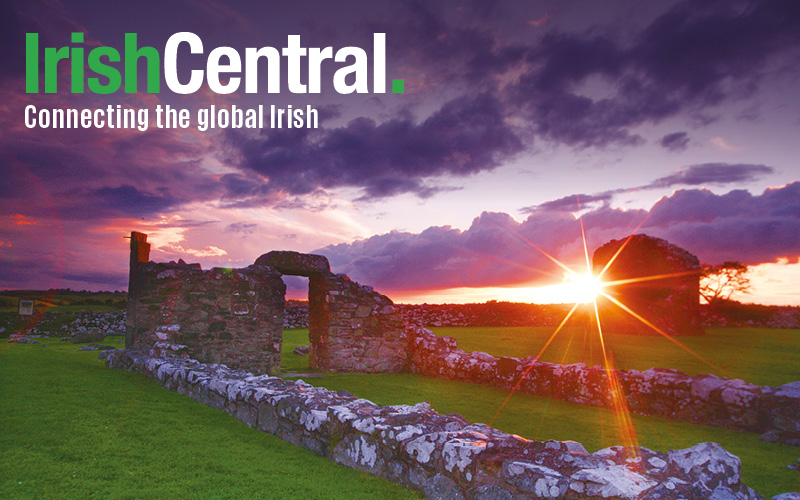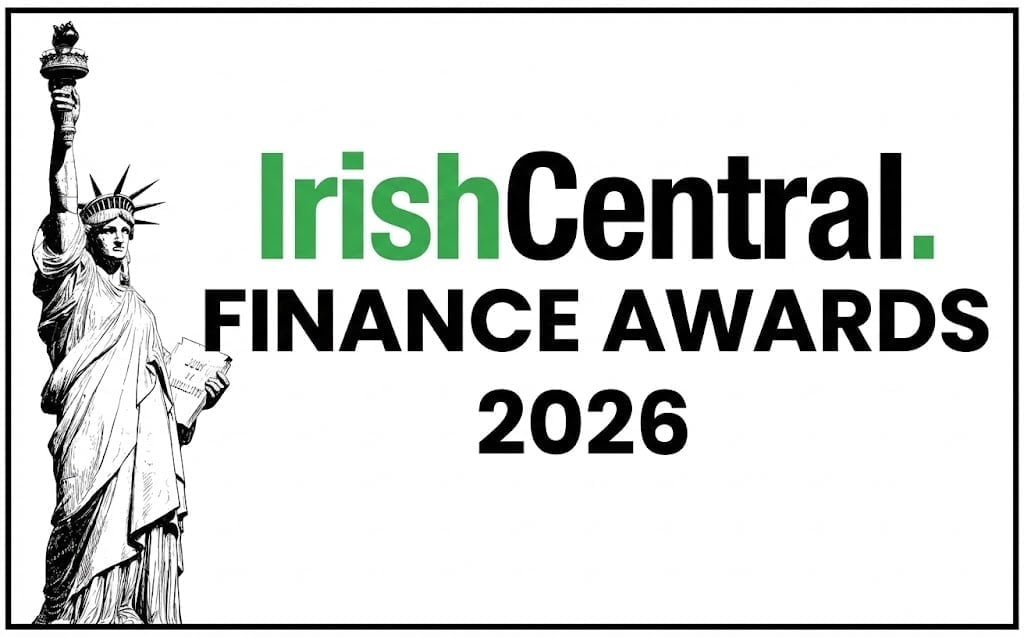The first Belfast lawyer qualified to take on Irish language cases believes that the use of the language in Northern Ireland courts is inevitable.
Earlier this month, Michael Flanigan became the first Northern Ireland lawyer to obtain a diploma in Legal Practice through Irish. The diploma, awarded by the King's Inns in Dublin, Ireland's oldest school of law, allows the solicitor to appear in cases being held through the Irish language, something he believes will happen more and more often in the North in the future.
"The course was really interesting. It was nice to see well known legal terms and phrases translated into the Irish language and to then use them in mock trials and applications," Flanigan told the Belfast Telegraph.
"The use of Irish in the courts in Northern Ireland is inevitable and I look forward to being able to put the skills learned during the course into practice in the courts."
A phrase in Irish on the Whiterock road in West Belfast. #Gaeilge #Culture #Heritage pic.twitter.com/5KzaLdRpPX
— Counter Culture (@counterpower5) March 14, 2015
Flanigan already has a strong record of involvement in legal cases involving the Irish language. He established his own firm Michael Flanigan Solicitors in 1985, locating their premises in Gaeltacht Quarter of West Belfast on the Falls Road in 1990.
In 2009, he was involved in an unsuccessful appeal to repeal the 1737 Administration of Justice (Language) Act (Ireland), which forbids the use of any language but English in court proceedings, and spoke about the high court challenge brought by Caoimhin Mac Giolla Cahain against the Act in New York with the Irish American Unity Conference.
READ MORE: Irish speakers in the States important to the future of the language.
Despite the repeal of this law throughout England, Scotland and Wales in the late 19th century, and in the Republic of Ireland on the foundation of the state, Northern Ireland still upholds the legislation, although possibly not for much longer.
In January 2015, the 20-year strategy for Irish by the Northern Ireland Department of Culture outlined that it would look to repeal the Act as soon as possible.
Signage as Gaeilge on the Falls road in West Belfast. People speak Irish daily in West Belfast. pic.twitter.com/7Go620i1Br
— Counter Culture (@counterpower5) March 14, 2015
In 2013, the firm was awarded a spot in the Belfast Business Top 50 for their provision of legal services in Irish and for its work in promoting the Irish language.
As well as representing Comhairle na Gaelscolaiochta (representative body for Irish-medium Education), Flanigan’s firm is currently representing Eileen Reid, a west Belfast woman contesting her right to have Irish language road signs on her street.
Reid wishes to contest a block placed by the Belfast City Council on dual-language signs being used near her home on Ballymurphy Drive, claiming that the block is unlawful and against the policy of promotion of the Irish language undertaken by the Northern Ireland government throughout all areas in the six counties. She also believes that the city council policy requiring two-thirds of the street’s residents to agree with the new signs as unreasonable.
She sought legal advice initially following a canvas of the other residents on her street in which 52 of the 93 residents on the street supported the English/Irish signs. Although only one person was opposed to the new signs, because 29 people did not respond, the two-thirds quota required was not reached.
READ MORE: “An Ireland without the Irish language wouldn’t be the same place” (VIDEO).
In late 2014, a High Court judge dismissed the challenge although an appeal against the judge’s decision is to be heard later this year.
The appeal will be heard on November 7, 2015.
Do you think the promotion and use of the Irish language in Northern Ireland is important? Leave your thoughts in the comments section.




Comments